Much has been heard and said about electronic invoicing, commonly known as E-invoicing. For some reason, businesses still have misconceptions about this very concept, the most popular one being ‘it’s just a PDF sent via email’.
With an objective to debunk some of the myths and provide clarity on this very topic, we spoke with Peter Rand, Director Business Development, MasterCard, who has also authored the online certificate programme on E-Invoicing Solutions offered by the International Chamber of Commerce (ICC) Academy.
Myths around e-invoicing…
Many businesses send PDF invoices to their customers by email. That’s e-invoicing. Or is it?
When you look at it, this process just replaces the postal service with electronic delivery: the email. Sure, email saves a day or two in the post, the cost of a stamp and the time it takes to go and post the document. It can even confirm receipt of the invoice, so no more excuses of the invoice being lost in the post. That’s e-invoicing. Or is it?
Not quite! The above mentioned process is just electronic delivery of the old paper invoice. So aside from some delivery benefits, it doesn’t really offer much to your business, or your customers. They still need to interpret the invoice, determine whether it can be paid and then initiate the payment; a process that takes time and may be prone to errors.
The fact about e-invoicing…
So, what is e-invoicing then?
E-invoicing is a change of focus on information. Think about that PDF, or even the hand-written invoice. The value is not in the media, it’s in what is printed or written on the piece of paper. And that is why emailed PDF invoices are at best a partial answer to the problem of efficiently and accurately transferring data from one party to another.
For any business case, it is basically about the ‘transfer’: why you want to be paid by your customer who needs to know why they have to pay you. And in a data hungry world, this is important because more and more organisations are seeking better, bigger data from their supply chain partners. In fact, it might be right down to the farm and the field from where the produce is sourced from.
PDF invoices just cannot efficiently support these increasing demands for transparency and accuracy.
Then is e-invoicing about DATA?
Yes, but that data must be structured, laid out in a manner that other systems can read and understand, with zero errors. This allows for rapid flow into the buyer’s systems, supporting automated confirmation, reducing delays and the need to follow up on any issues with the supplier.
Governments have recognized the benefits of changing to a data-driven ecosystem. Europe’s PEPPOL standard is the basis for Singapore’s e-invoice strategy and agencies such as Infocomm Media Development Authority (IMDA) are a key source of information and support for businesses moving to digitize their payables and receivables. See more on the IMDA website here.
And now, the undisputed benefits of adopting e-invoicing…
For any kind of business, irrespective of its size and location, the adoption of e-invoicing brings in significant benefits. Some of the key ones include:
- Automated creation and capture of invoice data, where buyers can automatically load the invoice to their systems
- Simplified matching of invoice data to purchase orders
- Faster payables processing through accurate matching, reducing follow up of discrepancies arising from missing or incomplete data
- Improved cash flow resulting from fast automated invoice processing: E-invoice processing eliminates bottlenecks and delays
- Reconciliation is improved, both for the buyer and for the supplier, payment reconciliation can be automated
What about Business to Consumer (B2C) transactions?
Some businesses may not have the need for the full “PEPPOL” standard. For example, they may be selling to other small businesses or to retail consumers. There are digital solutions which can assist achieve some of the advantages that e-invoicing brings.
For example, businesses selling to other small businesses or consumers can also achieve efficiency through adoption of digital processes. Cash flow is crucial to many businesses – large and small. Many packages are available which can create a digital invoice that is emailed to the buyer. These solutions greatly assist remote sales, for example repair technicians and tradespeople.
Some solutions are integrated with payment gateways. This integration provides the buyer with the ability to pay their supplier directly from the invoice. This convenient feature helps cash flow, reduces manual collection activities and automates reconciliation.
Supporting businesses with hands on training
The International Chamber of Commerce (ICC) Academy recognizes that businesses could benefit from guidance in understanding the e-invoicing process. Hence, in collaboration with industry leaders of e-invoicing software Basware and Xero, the ICC Academy has developed the E-Invoicing Solutions Certificate.
The online certificate programme explains the steps necessary to adopt e-invoicing, the processes for successful implementation and its benefits with the aim of expanding business. Divided into 5 lessons, the course covers traditional methods, provides an overview of e-invoicing and going digital, includes industry case studies and the final assessment. The programme also includes an E-Invoicing Savings Calculator as a sample tool to calculate potential savings on digitizing the invoicing process.
Additional Resources
Singapore’s Infocomm Media Development Authority has a range of support materials to assist Singapore’s business community optimize their businesses.
We are in unprecedented times, but this period also presents an opportunity for businesses to reflect on their current operations and examine alternatives to consolidate their core operations and create the platform which they can then build on.
To learn more about the online progrmme on E-Invoicing Solutions Certificate (ESC), click here.
For more information, please contact:
Priyanka Satapathy
Communications and Events Manager
Priyanka.Satapathy@iccacademy.com.sg

